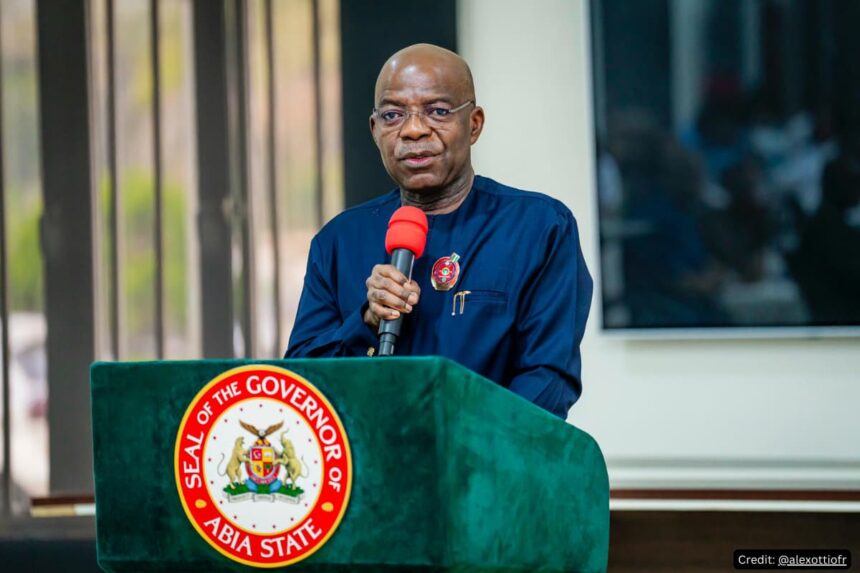In a significant move to preserve the Igbo language from extinction, the Abia State government has announced plans to make it a compulsory subject in the state’s school curriculum. Deputy Governor Ikechukwu Emetu revealed this during the final day of Ekere Mgba Akpauche, an Igbo-themed competition organized by the Catholic Diocese of Aba.
Emetu emphasized the urgent need to revive the Igbo language, which has gradually been overshadowed by English and other dominant languages. He called on South-East governors to prioritize its promotion by ensuring it is a core subject at all levels of education.
“The new Abia is committed to reviving the Igbo language by integrating it fully into our school curriculum. We must make it compulsory and encourage its use in both formal and informal settings. This should be a collective effort among South-East leaders to ensure the survival of our language and heritage,” Emetu stated.
The deputy governor expressed concern over reports predicting the possible extinction of the Igbo language if urgent steps are not taken to encourage its usage among younger generations. He commended the Catholic Diocese of Aba and other cultural organizations for their efforts in revitalizing the language but criticized some Igbo parents for failing to teach their children to speak it at home.
Rt. Rev. Augustine Echema, Bishop of the Catholic Diocese of Aba, welcomed the state government’s commitment to linguistic and cultural preservation. He praised the initiative of Rev. Fr. Onyinye Anaeto, the visionary behind the Igbo-themed competition, for his dedication to promoting Igbo heritage through education and community engagement.
The Igbo language, one of Nigeria’s major indigenous tongues, has faced numerous challenges over the decades. Despite being spoken by millions across Nigeria and the diaspora, the increasing dominance of English in education, business, and social interactions has led to a gradual decline in its everyday use, especially among younger generations.
Historically, the Igbo people have exhibited remarkable resilience, surviving colonial rule, the Nigerian Civil War (1967–1970), and socio-political marginalization. Their entrepreneurial spirit, rich cultural heritage, and linguistic identity have remained strong despite these adversities. However, linguistic experts warn that without active measures, Igbo could join the growing list of endangered languages, much like several indigenous tongues worldwide.
Cultural and religious institutions, alongside state governments, have played crucial roles in keeping the Igbo language and traditions alive. Events such as Ekere Mgba Akpauche serve as platforms for promoting linguistic pride among Igbo youth, reinforcing the need to speak, write, and celebrate their mother tongue.
While the Abia State government’s move to integrate Igbo into the school curriculum is a significant step, experts argue that preserving the language requires a multi-faceted approach. Families must actively encourage its use at home, while media outlets should increase Igbo-language programming. Additionally, digital platforms, social media influencers, and technology developers can contribute by creating more Igbo-centered content.
As the movement to safeguard Igbo gains momentum, it remains the responsibility of every Igbo-speaking individual to embrace and promote the language. With sustained effort, the rich linguistic and cultural heritage of the Igbo people will not only endure but thrive for generations to come.


















